Publications
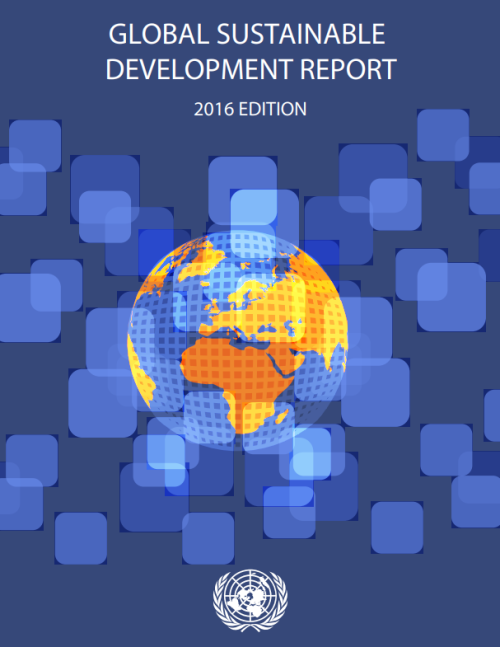
Understanding of the scientific basis for action will be needed to achieve the ambitious and transformative goals of the 2030 Sustainable Development Agenda, according to a new report issued by the United Nations today during the High-level Political Forum on Sustainable Development.
According to the Global Sustainable Development Report 2016, key elements of the 2030 Agenda –such as what it will take to ensure that no one will be left behind — have yet to be thoroughly scientifically researched. The report finds that the new agenda requires asking different questions, many that have not yet been answered by the research.
The report, an assessment of a broad array of…
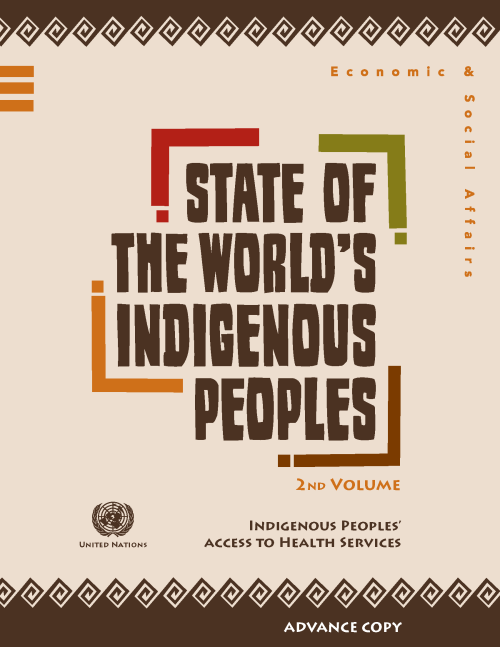
This publication sets out to examine the major challenges for indigenous peoples to obtain adequate access to and utilization of quality health care services. It provides an important background to many of the health issues that indigenous peoples are currently facing. Improving indigenous peoples’ health remains a critical challenge for indigenous peoples, States and the United Nations.
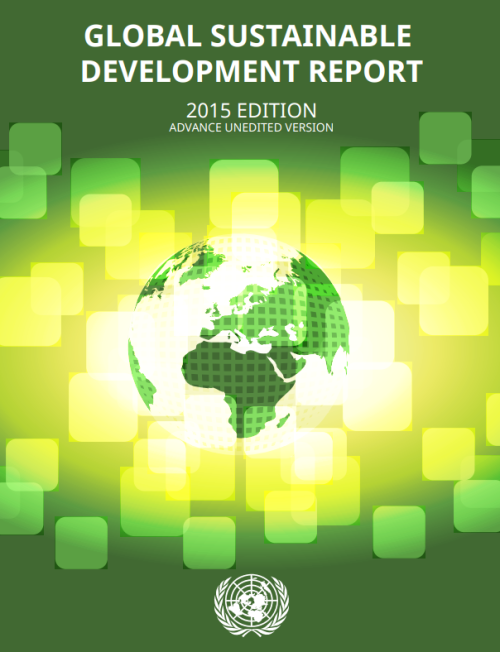
A new United Nations flagship report launched today finds that solutions to the challenges to people and planet must build on clear scientific findings in order to be sustainable. “The successful implementation of the new sustainable development agenda requires a strong scientific foundation that is understood by policymakers,” said Wu Hongbo, UN DESA’s Under-Secretary-General, referring to the proposed 17 sustainable development goals, scheduled for adoption in September in New York.
The 2015 Global Sustainable Development Report, an intergovernmental-mandated report on the science-policy interface for sustainable development, was presented to UN Member States at the High…
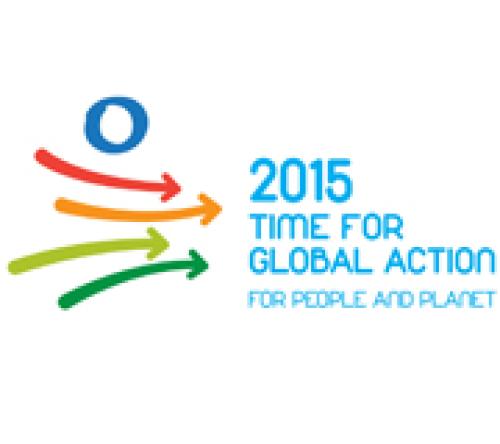
Calling for inclusive, agile and coordinated action to usher in an era of sustainable development for all, Secretary-General Ban Ki-moon on 4 December presented the UN General Assembly with an advance unedited version of his “synthesis report,” which will guide negotiations for a new global agenda centred on people and the planet, and underpinned by human rights. The report was formally issued in the six official UN languages on 31 December 2014.
“Next year, 2015, will herald an unprecedented opportunity to take far-reaching, long-overdue global action to secure our future well-being,” Mr. Ban said as he called on Member States to be “innovative,…
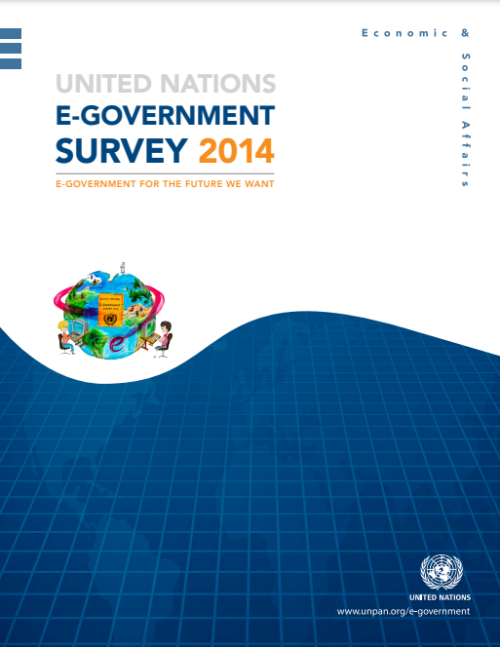
E-government—digital interactions between governments and people—varies greatly among and within regions, but most countries are making progress on providing greater access, according to the 2014 UN E-Government Survey launched today. The findings show that the Republic of Korea tops the global e-government ranking, and that Europe remains first among regions.
The report also shows that many countries are expanding electronic participation, utilizing more mobile and social media tools, expanding usage and making more government data available online. However, challenges remain, such as lack of resources, digital inequalities and a lack of leadership for e-government.
“E-…
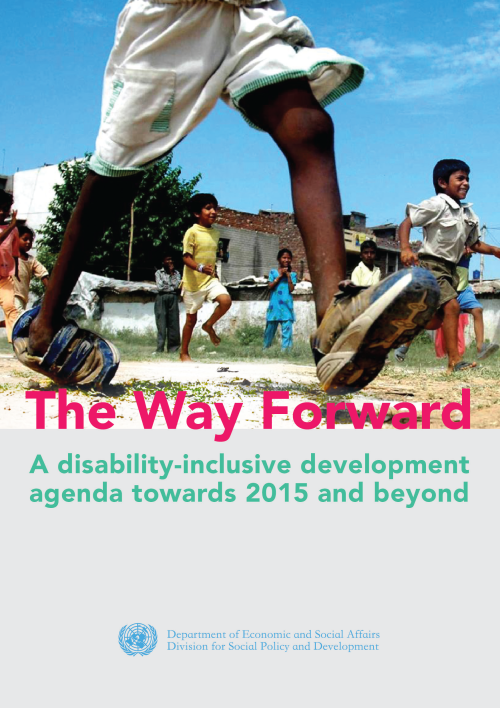
On 23 September 2013, the General Assembly convened the first ever High Level Meeting on “the Realization of the MDGs and other internationally agreed development goals for persons with disabilities.” During the opening segment, Member States unanimously adopted the Outcome Document, which is reproduced in this brochure.
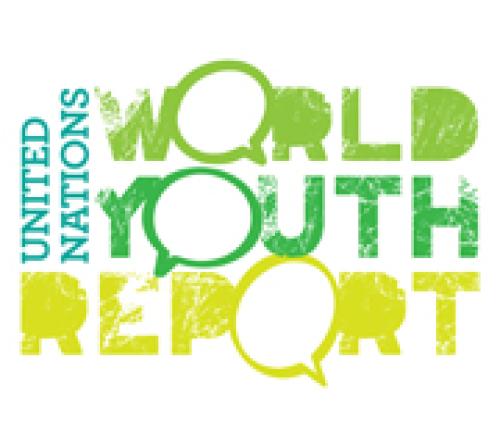
The report is based on the experiences of young people affected by migration and relates the stories of individuals as they move to new lands. About half of the young international migrants are women and girls, and 60 per cent of young international migrants live in developing countries. The report primarily focuses on the experiences of international migrants, but notes that many young people are internal migrants who move within their home countries.
The report outlines the global situation of young migrants by highlighting some of the concerns, challenges and successes experienced by young migrants as told in their voices taken from a series of online consultations and surveys…
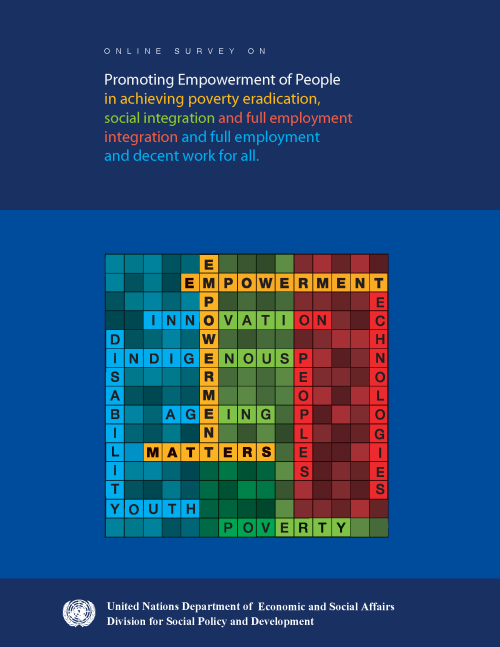
UNDESA-DSPD, from 8 August to 5 September 2012, conducted a global online survey to gather inputs for consideration by the 51st session of the Commission for Social Development (CSocD), which took place from 6 to 15 February 2013.
The survey enabled the public worldwide to respond to a set of questions that were related to the priority theme of CSocD on “Promoting empowerment of people in achieving poverty eradication, social integration and full employment and decent work for all”.
The responses collected and selected from the first question “Empowerment: What does it mean to you?” was published in a separate booklet.
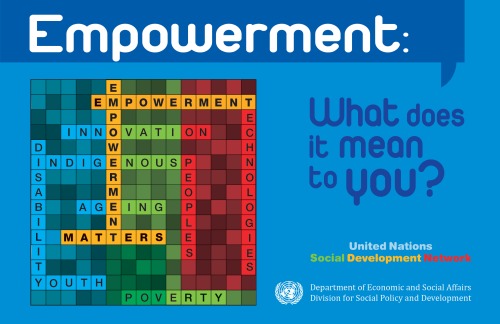
The “Definitions of Empowerment” represents a collaborative effort, made possible by the answers received from people all over the world on the Empowerment theme. Their invaluable contributions were essential for the preparation of the Empowerment Publication.
In order to collect people’s ideas and experiences, the Division for Social Policy and Development (DSPD) of UNDESA launched an on-line survey on “Promoting Empowerment of People”.
We were glad to receive tens and tens of responses from young individuals, persons with disabilities, older persons, and people working for various institutions and organizations committed to social development issues. Their keen interest…
“The increasing role of e-government in promoting inclusive and participatory development has gone hand-in-hand with the growing demands for transparency and accountability in all regions of the world,” said Sha Zukang, UN DESA Under-Secretary-General in the newly released United Nations E-government Survey 2012.
The survey, prepared by UN DESA’s Division for Public Administration and Development Management, assesses Member States’ government web portals with a focus on the provision of e-information and e-services; these services include interactive, transactional, and e-participation features that connect governments and citizens.
Member States are ranked in accordance…
The perceptions of the role of women and men in families have changed over the past few decades. Men are no longer perceived as the economic providers to families. The role of men in the family has undergone many “diverse demographic, socio-economic and cultural transformations” impacting the formation, stability and overall well-being of families. In light of this development, DESA’s Division for Social Policy and Development (DSPD) launched a new publication on “Men in Families and Family Policy in a Changing World” on 17 February focusing on the shifting roles and views of men in families.
The 2010 United Nations e-Government Survey: Leveraging e-government at a time of financial and economic crisis was completed in December 2009 and launched in early 2010. The report presented various roles for e-government in addressing the ongoing world financial and economic crisis. The public trust that is gained through transparency can be further enhanced through the free sharing of government data based on open standards.
 Welcome to the United Nations
Welcome to the United Nations